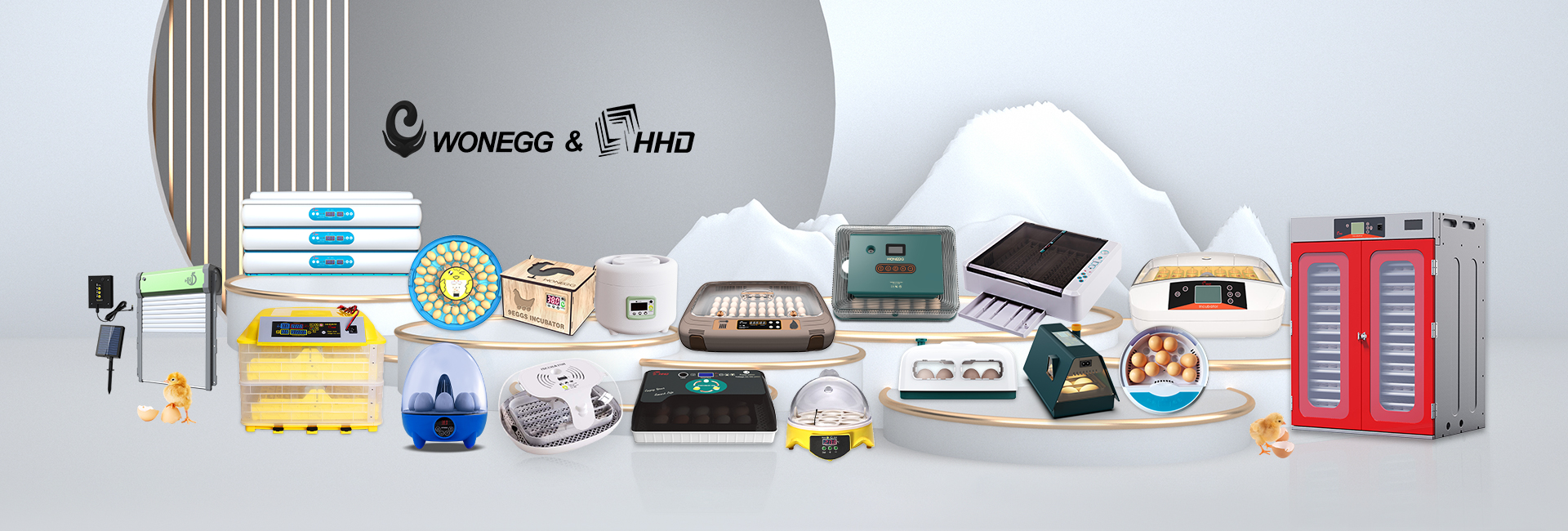An automatic egg incubator is a modern marvel that has revolutionized the process of hatching eggs. It is a device designed to simulate the conditions necessary for eggs to hatch, providing a controlled environment for the development of embryos. This technology has made it possible for both professional and amateur breeders to successfully hatch a variety of eggs, from chicken and duck to quail and even reptile eggs. So, how does an automatic egg incubator work?
The key components of an automatic egg incubator include a temperature control system, humidity regulation, and automatic turning of the eggs. These elements work together to create an environment that mimics the natural conditions required for successful egg incubation.
Temperature control is crucial in an egg incubator as it plays a vital role in the development of the embryo. The incubator is equipped with a thermostat that maintains a consistent temperature, typically set between 99 to 100 degrees Fahrenheit for most bird eggs. This temperature range is essential for the embryo to develop properly, and the incubator’s thermostat ensures that the temperature remains constant throughout the incubation period.
In addition to temperature control, humidity regulation is equally important for the successful hatching of eggs. The incubator is designed to maintain a specific level of humidity, usually around 45-55%, to prevent the eggs from drying out during the incubation process. This is achieved through the use of a water reservoir or automatic humidifier within the incubator, which releases moisture into the air to maintain the desired humidity level.
Another critical feature of an automatic egg incubator is the automatic turning of the eggs. In nature, birds constantly turn their eggs to ensure even heat distribution and proper development of the embryos. In an automatic egg incubator, this process is replicated through the use of a turning mechanism that gently rotates the eggs at regular intervals. This ensures that the embryos receive uniform heat and nutrients, promoting healthy development and increasing the chances of successful hatching.
Furthermore, modern automatic egg incubators are equipped with digital displays and programmable controls, allowing users to monitor and adjust the temperature, humidity, and turning intervals with ease. Some advanced models even offer features such as automatic cooling cycles, which simulate the natural cooling behavior of birds during incubation.
In conclusion, an automatic egg incubator works by creating a controlled environment that replicates the natural conditions required for successful egg incubation. Through precise temperature control, humidity regulation, and automatic turning of the eggs, these devices provide an ideal setting for the development of embryos, increasing the chances of successful hatching. Whether used by professional breeders or hobbyists, automatic egg incubators have undoubtedly simplified the process of hatching eggs and have become an indispensable tool in the world of poultry and reptile breeding.
https://www.incubatoregg.com/ Email: Ivy@ncedward.com
Post time: Mar-18-2024





